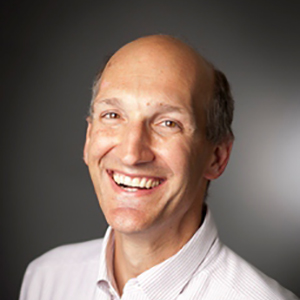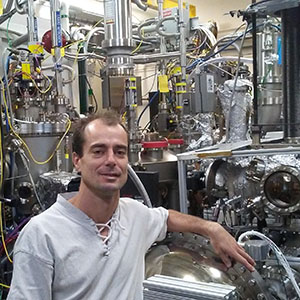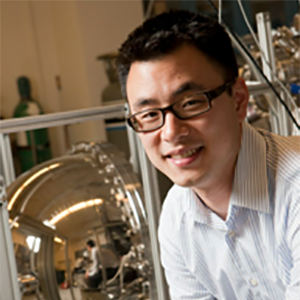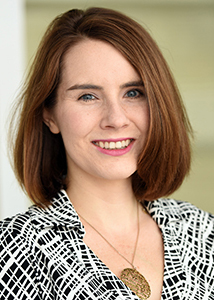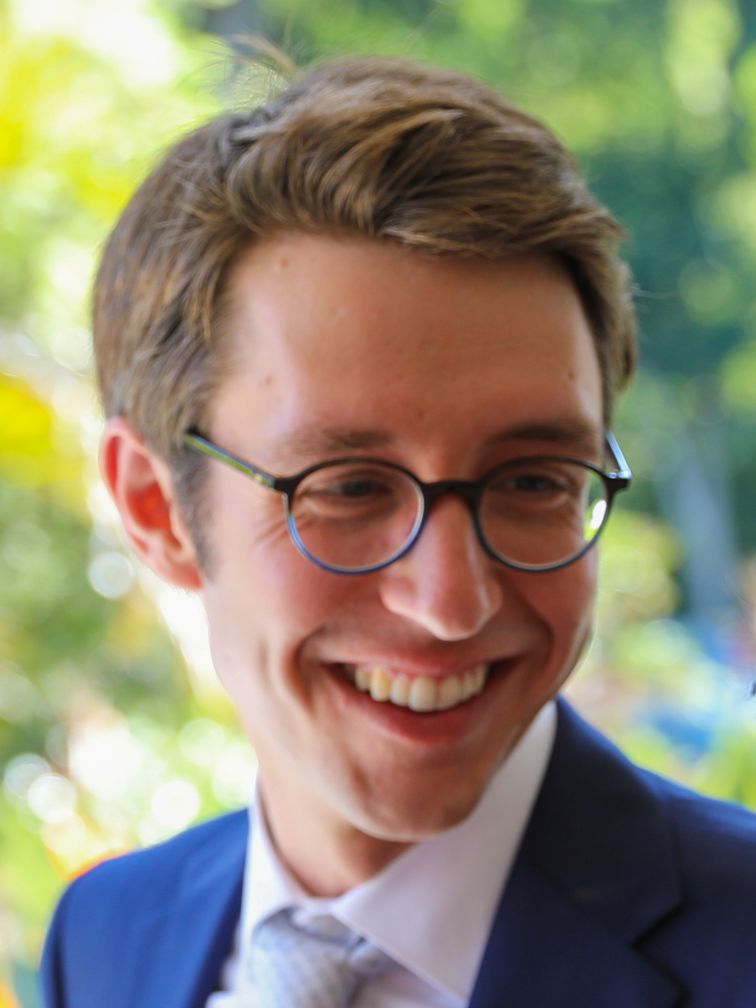|
||||||||||||||||||||||||||||||||||||||||||||||||||||||||||||||||||||||||||||||||||||||||||||||||||||||||||||||||||||||||||||||||||||||||||||||||||||||||||||||||||||||||||||||||||||||||||||
Mornings: 232 & 233 Phillips Hall Afternoon Break: 354 Duffield Hall 2:00-4:00pm
|
||||||||||||||||||||||||||||||||||||||||||||||||||||||||||||||||||||||||||||||||||||||||||||||||||||||||||||||||||||||||||||||||||||||||||||||||||||||||||||||||||||||||||||||||||||||||||||||||||||||||||||||||||||||||||||||||||||||||||||||||||||||||||||||||||||||||||||||||||||||||||||||||||||||||||||||||||||||||||||||||
Darrell Schlom is the Herbert Fisk Johnson Professor of Industrial Chemistry in the Department of Materials Science and Engineering at Cornell University. After receiving a B.S. degree from Caltech, he did graduate work at Stanford University receiving an M.S. in Electrical Engineering and a Ph.D. in Materials Science and Engineering. He was then a post-doc at IBM's research lab in Zurich, Switzerland in the oxide superconductors and novel materials group managed by Nobel Prize winners J. Georg Bednorz and K. Alex Müller. In 1992 he joined the faculty at Penn State in the Department of Materials Science and Engineering, where he spent 16 years before joining the faculty at Cornell in 2008. His research interests involve the heteroepitaxial growth and characterization of oxide thin films by reactive molecular-beam epitaxy (MBE), especially utilizing a 'materials-by-design' approach to the discovery of materials with properties superior to any known. His group synthesizes these oxide heterostructures using molecular-beam epitaxy (MBE). He has published over 550 papers and 8 patents resulting in an h-index of 75 and over 28,000 citations. He has received various awards including an Alexander von Humboldt Research Fellowship and the MRS Medal, is a Fellow of both the American Physical Society and the Materials Research Society, and is a member of the National Academy of Engineering. Luca Moreschini is staff scientist in the Department of Materials Science and Engineering at Cornell University. He is in charge of the novel photoemission setup in the MBE-ARPES PARADIM facility. He received a degree in Electronics Engineering both at the Politecnico di Milano in Italy and at the Ecole Supérieure d’Electricité (Supelec Paris) in France. He also holds an M.S. in nanostructures and microsystems from the Université Paris XI Orsay, France. He received his Ph.D. in physics at the Ecole Polytechnique Fédérale de Lausanne, in Switzerland, and defended a dissertation titled “Spin-orbit coupling effects in the band structure of surface alloys”. After a brief stay as a visiting scientist at the Julius-Maximilians-Universitä̈t in Würzburg, Germany, in the group of F. Reinert, he joined the staff of beamline 7.0.1 (ESF, then MAESTRO) at the Advanced Light Source in Berkeley, as a postdoctoral fellow, and commissioned a pulsed laser deposition (PLD) station for epitaxial growth. He has published more than 40 papers, mainly on angle-resolved photoemission (ARPES), and holds one international patent. Kyle Shen is a Professor in the Department of Physics at Cornell University He received B.Sc. degrees in Physics and Electrical Engineering and Computer Science from M.I.T., and a M.S. and Ph.D. in Applied Physics from Stanford University. His research interests lie in the area of the synthesis and investigation of novel quantum materials. In particular, his research focuses on creating and controlling emergent phenomena at artificial interfaces and superlattices, interfacial and high-Tc superconductivity, utilizing techniques such as angle-resolved photoemission spectroscopy (ARPES), molecular beam epitaxy (MBE), x-ray absorption spectroscopy (XAS), and resonant x-ray scattering (RXS). His honors include the Presidential Early Career Award for Scientists and Engineers, the Office of Naval Research Young Investigator Award, the Air Force Office of Scientific Research Young Investigator Award, the Research Corporation Cottrell Scholars Award, an NSF CAREER Award, an National Academy of Sciences Kavli Frontiers Fellow, the NSERC Howard Alper Prize, an NSERC Postdoctoral Fellowship, and a Killam Postdoctoral Fellowship. Lynne Vincent holds an M.S. and Ph.D. in Organizational Behavior from Cornell University, School of Industrial and Labor Relations. She is currently an assistant professor at the Whitman School of Management at Syracuse University. Before joining Syracuse University, she was a postdoc at the Owen Graduate School of Management at Vanderbilt University. Her research focuses on the moral and social implications of creativity for individuals, groups, and organizations. She teaches undergraduate courses on management and organizational behavior at Syracuse University. Joseph Falson is currently a researcher at the Max Planck Institute for Solid State Research in Stuttgart, Germany, where he works closely with Prof. Klaus von Klitzing on electrical measurements of correlated materials. He completed his B.Sc at the University of New South Wales in Australia, and then his M.Sc at Tohoku University and Ph.D at the University of Tokyo, both in Japan. While in Japan, he worked with Prof. Masashi Kawasaki on the growth of ZnO thin films. With a focus on the enhancing the electrical properties of the two-dimensional electron system confined in this material, he has studied correlated electronic phenomenon such as the fractional quantum Hall effect. From January 2020 he will join the faculty at the California Institute of Technology as a tenure-track assistant professor of Materials Science. |


